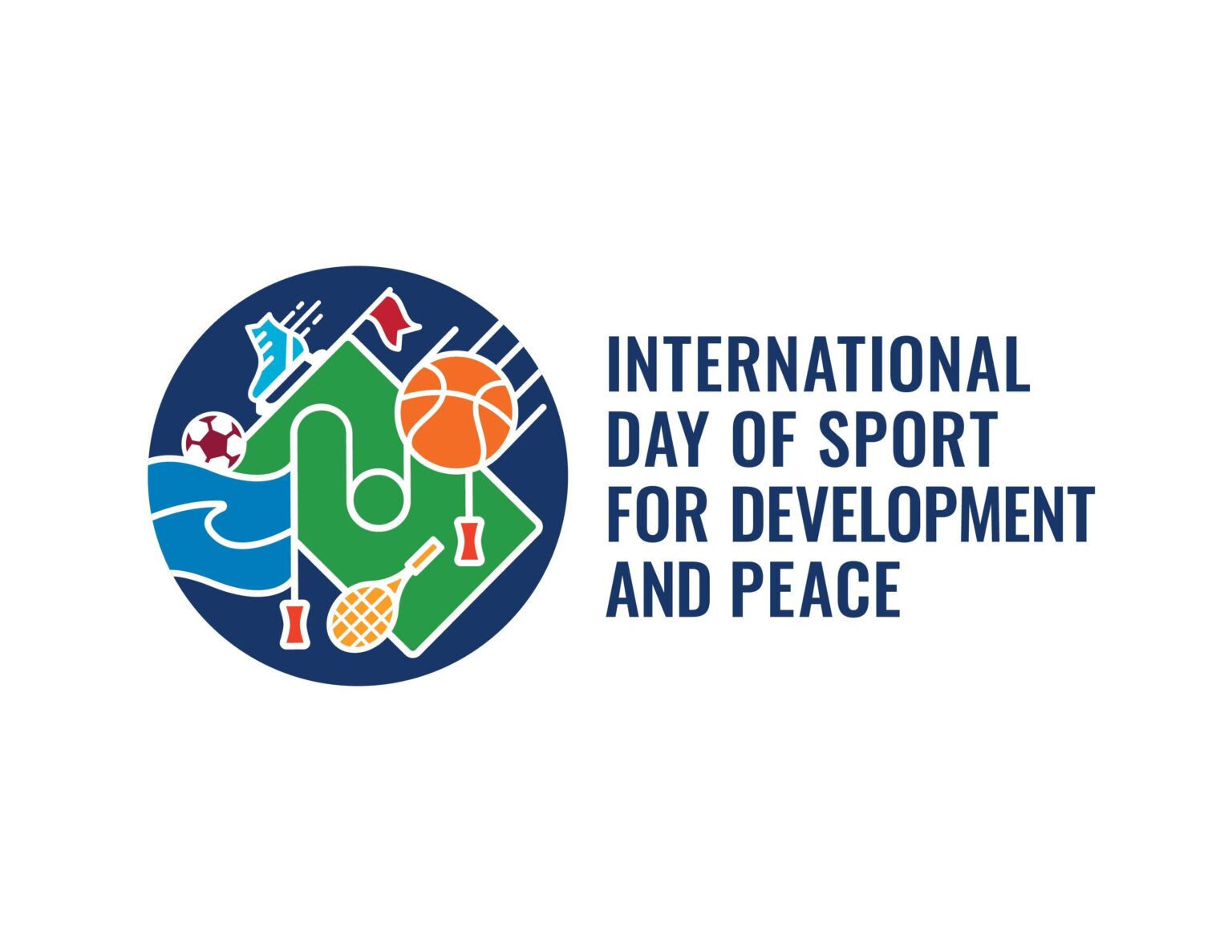April 6 marks the International Day of Sport for Development and Peace, a global occasion recognized by the United Nations to highlight the powerful role of sports in fostering social change, unity, and peace worldwide. Established to promote the values of teamwork, fair play, and inclusion, this day underscores how sports can be a vital tool for development, helping to break down barriers and bring communities together across cultural and social divides. As countries and organizations commemorate the day, the UN calls attention to ongoing efforts that leverage the universal language of sport to advance sustainable development goals and build more peaceful societies.
The Role of Sport in Promoting Global Peace and Social Inclusion
Sport transcends borders and languages, acting as a powerful catalyst for peace and social inclusion worldwide. By fostering teamwork, respect, and mutual understanding, it breaks down barriers and unites diverse communities under a shared passion. Across continents, local sports programs have proven instrumental in reducing conflict, empowering marginalized groups, and promoting dialogue among youth from different backgrounds. These grassroots initiatives, often supported by international organizations, demonstrate how athletic participation can nurture resilience and peacebuilding in fragile contexts.
Key impacts of sport in global peace and inclusion include:
- Encouraging gender equality by providing equal opportunities for men and women.
- Supporting mental health and social rehab for refugees and displaced populations.
- Creating safe spaces for dialogue and conflict resolution among rival groups.
- Promoting education and life skills through sports-based programs.
| Region | Sport Initiative | Outcome |
|---|---|---|
| Africa | Peace Football Leagues | Conflict reduction in communities |
| Asia | Women’s Cricket Workshops | Empowerment and inclusion |
| Latin America | Soccer for Youth Education | Improved school attendance |
Harnessing Athletic Initiatives to Foster Sustainable Development Goals
Sport serves as a powerful catalyst in advancing the United Nations Sustainable Development Goals (SDGs) by promoting health, education, and social inclusion across communities worldwide. Through organized athletic initiatives, marginalized groups gain opportunities to improve physical well-being, enhance teamwork skills, and foster resilience against social adversities. Governments and NGOs increasingly recognize the value of sport in driving progress toward gender equality, peacebuilding, and environmental sustainability. Community-based programs and international competitions alike demonstrate how athletic engagement cultivates social cohesion while empowering youth and women to take active roles in building sustainable futures.
Key strategies leveraging athletic endeavors to boost SDGs include:
- Implementing inclusive sports education that fosters equal opportunities for all genders and abilities.
- Using sport as a platform to raise awareness on public health issues such as mental health and disease prevention.
- Promoting environmental stewardship through eco-friendly sports events and infrastructure.
- Collaborating with local communities to ensure sport-based interventions address specific social challenges.
| SDG Focus Area | Sport Initiative Example | Impact |
|---|---|---|
| Good Health & Well-being | Community running clubs | Increased physical activity & mental resilience |
| Gender Equality | Women’s football leagues | Empowerment & breaking stereotypes |
| Climate Action | Green sports facilities | Reduced carbon footprint & awareness |
Strategies for Strengthening Community Engagement Through Sport Programs
Building lasting community engagement through sport programs requires a deliberate approach that goes beyond the game itself. Central to success is creating inclusive environments where participants of all ages, genders, and backgrounds feel welcome and valued. This can be achieved by tailoring activities to community needs and involving local leaders in program design and implementation. Additionally, fostering partnerships with schools, organizations, and local government enhances resource-sharing and broadens outreach, ensuring programs are accessible to marginalized populations.
Equally important is emphasizing the role of sport as a tool for development and peace by integrating educational components such as conflict resolution, teamwork, and leadership training. Employing skilled coaches and facilitators who are trained not only in sport techniques but also in social development can dramatically increase impact. Below is a simple framework that communities can adopt to strengthen engagement while maximizing social benefits:
| Key Focus | Action Steps | Expected Outcomes |
|---|---|---|
| Inclusivity |
|
Broadened participation Social cohesion |
| Partnerships |
|
Resource pooling Greater program reach |
| Education |
|
Empowered participants Reduced conflict |
The Conclusion
As the world observes the International Day of Sport for Development and Peace on April 6, the United Nations once again highlights the powerful role that sport plays in fostering inclusion, promoting well-being, and building bridges across communities. Beyond the celebrations and events, this day serves as a reminder of sport’s potential to drive positive social change and contribute to sustainable development goals worldwide. With continued global commitment, the spirit of fair play and teamwork can inspire a more peaceful and equitable future for all.

